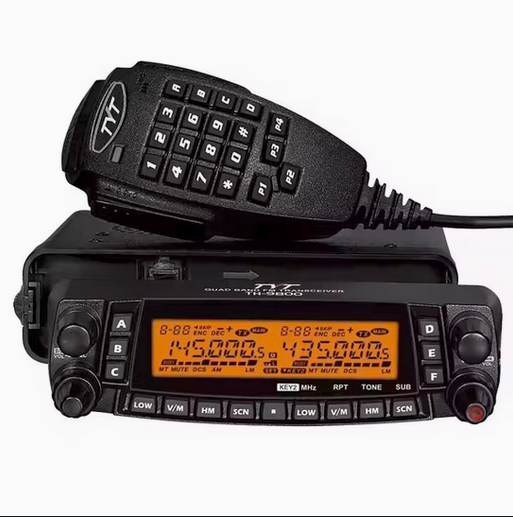Ask Lemmy
A Fediverse community for open-ended, thought provoking questions
Rules: (interactive)
1) Be nice and; have fun
Doxxing, trolling, sealioning, racism, and toxicity are not welcomed in AskLemmy. Remember what your mother said: if you can't say something nice, don't say anything at all. In addition, the site-wide Lemmy.world terms of service also apply here. Please familiarize yourself with them
2) All posts must end with a '?'
This is sort of like Jeopardy. Please phrase all post titles in the form of a proper question ending with ?
3) No spam
Please do not flood the community with nonsense. Actual suspected spammers will be banned on site. No astroturfing.
4) NSFW is okay, within reason
Just remember to tag posts with either a content warning or a [NSFW] tag. Overtly sexual posts are not allowed, please direct them to either !asklemmyafterdark@lemmy.world or !asklemmynsfw@lemmynsfw.com.
NSFW comments should be restricted to posts tagged [NSFW].
5) This is not a support community.
It is not a place for 'how do I?', type questions.
If you have any questions regarding the site itself or would like to report a community, please direct them to Lemmy.world Support or email info@lemmy.world. For other questions check our partnered communities list, or use the search function.
6) No US Politics.
Please don't post about current US Politics. If you need to do this, try !politicaldiscussion@lemmy.world or !askusa@discuss.online
Reminder: The terms of service apply here too.
Partnered Communities:
Logo design credit goes to: tubbadu
view the rest of the comments

Are you under the impression that ham radio is not capable of being powered by a car?
Are you aware that virtually all ham radio equipment is portable, and designed to operate on 12v power sources?
It CAN be, but OP is talking about batteries and generators, meaning a fixed installation and not a mobile one.
I don't think you actually understand what a ham radio is. Here's a typical one:
A (legal) CB radio puts out 4 watts of RF energy in the 11-meter (26-27MHz) band. The legal limits on ham radio are 200 watts for HF, and 1500 watts for VHF/UHF.
That particular radio I linked puts out 50 watts in the 2M and 70CM (144MHz and 440MHz) bands, which are the most popular VHF and UHF bands in the US. It is designed to be installed in a vehicle, just like a CB. It has a detachable faceplate, allowing the main body to be located under a seat, or in the trunk, while the control panel can be placed near the driver's seat. It's also capable of being "installed" in a backpack, or an ammo can. It can be powered from a car battery, a cigarette lighter, a "jump pack", a cordless drill battery, etc. Radios like that are commonly used for fixed or mobile stations, and is often used in "go" kits for setting up temporary fixed stations.
"HTs" are walkie-talkie sized radios, putting out 5 to 8 watts in the same bands. Baofeng UV5 and UV82 are some of the most popular models.
In addition, Hams can use the 6-Meter (54MHz), 10-Meter (29MHz), 20-Meter (14MHz), 40-Meter (7MHz), and 80-Meter (3.5Mhz) bands, with similar transceivers.
Batteries are portable. That rig I mentioned above? I can run that all day on a couple drill batteries.
Generators are portable. That's kinda their shtick: you can load them up and take power wherever you need it to be.
I do understand what a HAM radio is, but your scenario is not the one described by OP which is what I was addressing.
FFS, dude, stop trying to save face.